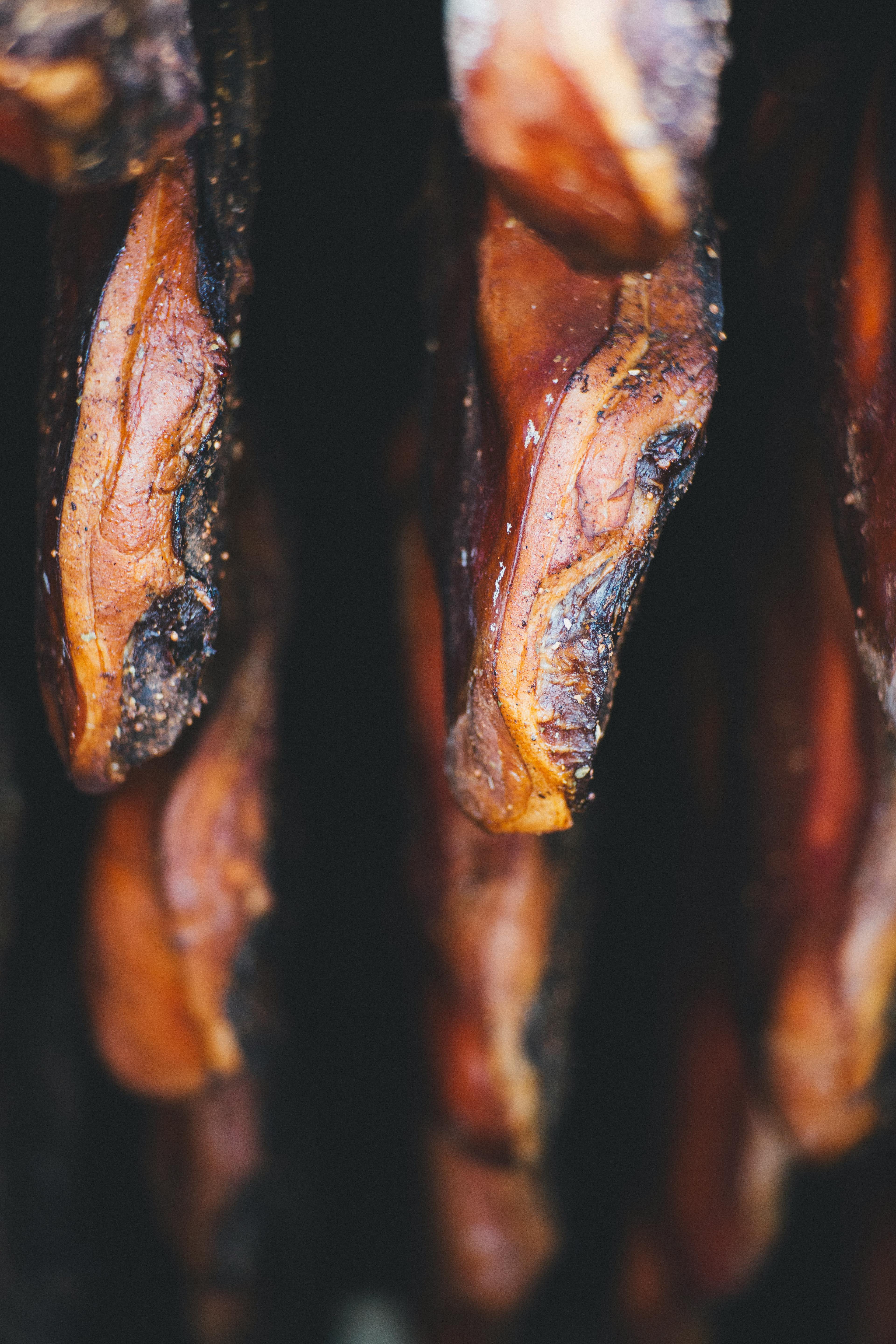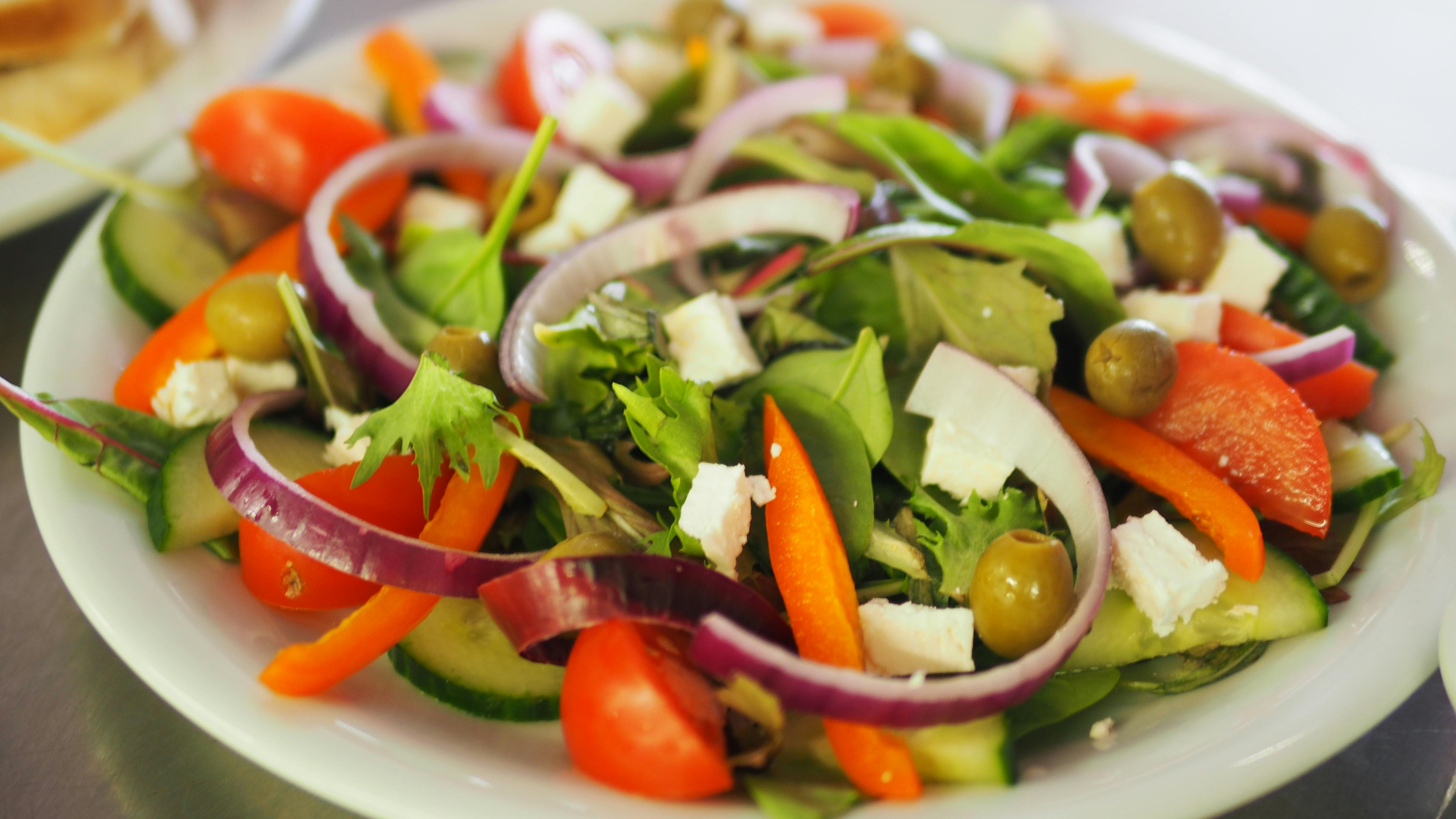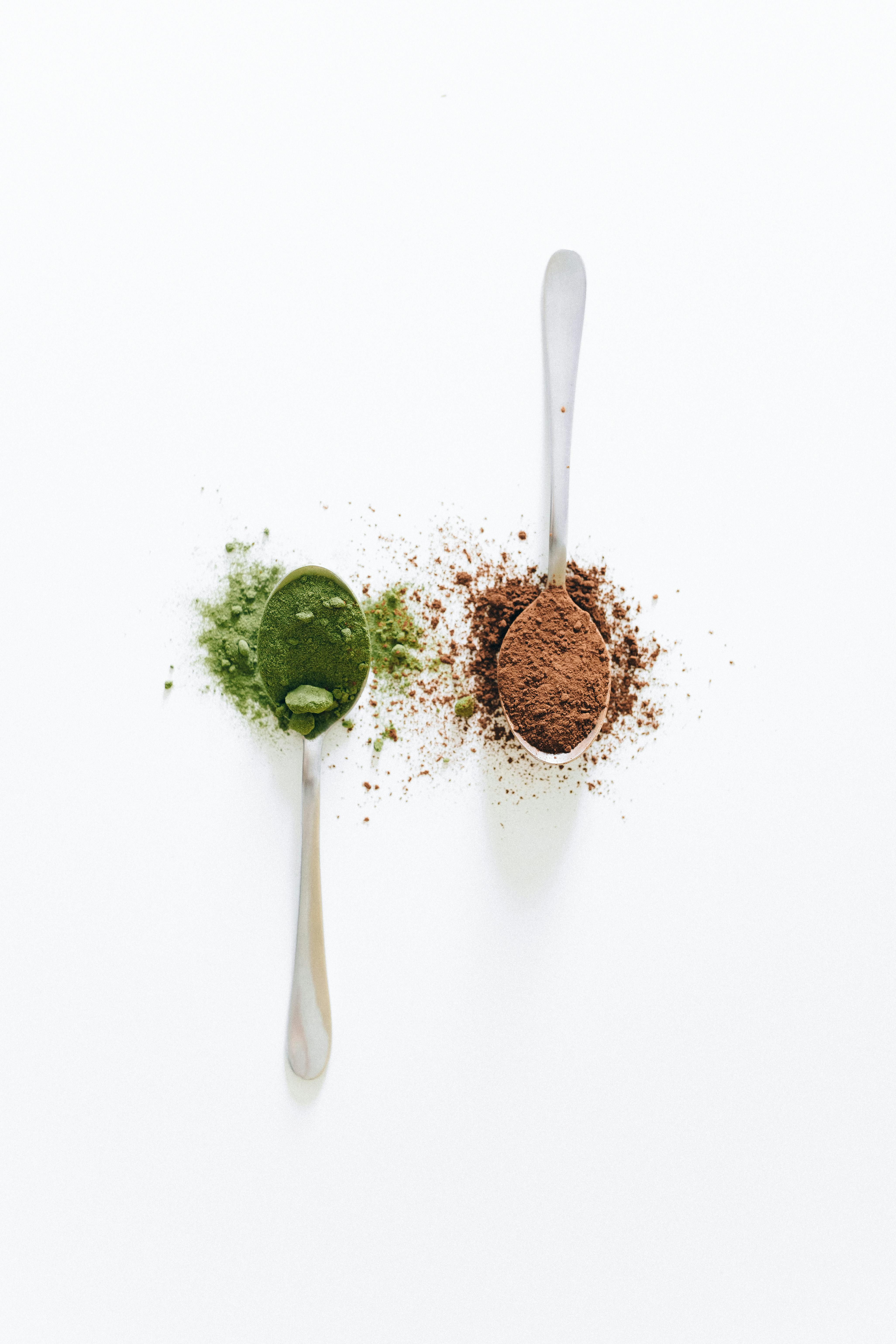
Apply Now


Essential Guide to Electrolytes for Carnivore Diet in 2025
Understanding Electrolytes in Carnivore Nutrition
Electrolytes are vital minerals that help maintain various bodily functions, including hydration, nerve function, muscle contractions, and maintaining an optimal pH balance. On a carnivore diet, which is primarily composed of animal-based foods, understanding electrolyte balance and supplementation is crucial for overall health. Unlike traditional diets that include a wide array of fruits and vegetables, the carnivore diet may lead to deficiencies in certain electrolytes such as potassium and magnesium, making it essential to focus on dietary sources and potential supplementation. Body electrolytes are primarily made up of sodium, potassium, calcium, and magnesium. Sodium, in particular, plays a key role in nerve function and fluid balance. Meanwhile, potassium is significant for muscle function, while calcium is critical for bone health and various metabolic processes. Magnesium supports energy production and helps regulate many cellular functions. Maintaining an adequate level of electrolytes can help mitigate potential negative effects, particularly during the adaptation phase of starting a carnivore diet. Many people experience symptoms of fatigue, muscle cramps, and headaches as their bodies adjust. This naturally leads us to explore the relationship between electrolytes and hydration strategies that can support a successful dietary transition.Key Electrolytes in the Carnivore Diet
The carnivore diet predominantly includes animal proteins, making it rich in sodium and, to an extent, calcium and magnesium. However, potassium is often less abundant, and individuals may face challenges in meeting their daily intake requirements. Below is an overview of each key electrolyte and its role in the body: 1. **Sodium**: Found primarily in meat and fish, sodium is essential for maintaining fluid balance and supporting nerve function. However, some may mistake the low-sodium trend for health, ironically risking sodium deficiency that can lead to low blood pressure and dizziness. 2. **Potassium**: While plant-based sources are rich in potassium, those on a carnivore diet can obtain it from organ meats and certain seafood. Potassium regulates muscle contractions and nerve signals, making its sufficiency crucial for optimal performance. 3. **Magnesium**: Present in fish, beef, and certain dairy products, magnesium is vital for hundreds of enzymatic reactions, including energy production and protein synthesis. A deficiency can result in muscle cramps and fatigue, both of which are symptoms often experienced on a restrictive diet. 4. **Calcium**: Critical for bone health, calcium levels can be supported through dairy consumption on the carnivore diet, making it somewhat easier to regulate than other minerals. Recognizing these electrolytes and their sources facilitates better meal planning and maintains dietary balance. By focusing on nutrient-dense animal products, you can optimize your electrolyte intake while adhering to the carnivore philosophy.Hydration Strategies and Best Practices
Staying properly hydrated is crucial when following a carnivore diet, especially since many individuals may not consume fluids as frequently as when including plant-based meals. Here are several hydration strategies to enhance electrolyte balance: - **Drink Mineral-Rich Broths**: Bone broth not only provides hydration but also serves as an excellent source of sodium, calcium, and magnesium. It’s easy to prepare and can be consumed throughout the day to maintain electrolyte levels and hydrate your body. - **Electrolyte Supplements**: While natural sources are ideal, supplementation with specific electrolytic drinks can aid in replenishing lost minerals. Look for products that involve keto-friendly electrolytes, focusing on lower sugar content. - **Monitor Your Hydration Levels**: Keeping track of your hydration status can help identify early symptoms of deficiency. Pay attention to your thirst levels, urine color, and overall energy levels. By implementing these hydration tips, you will not only improve your overall well-being but also reduce the likelihood of muscle cramps and fatigue resulting from electrolyte imbalances.Meal Planning for Optimal Electrolytic Balance
Effective meal planning is fundamental in managing electrolytes on a carnivore diet. Here are some practical tips to ensure you are meeting your dietary electrolytic needs: - **Include a Variety of Animal Proteins**: Incorporating different types of meat—including beef, chicken, pork, and fish—can enhance the range of nutrients you consume, including essential electrolytes. Organ meats, such as liver and heart, are particularly dense in potassium and magnesium. - **Use Sea Salt**: Incorporating sea salt into meals can support sodium levels, which are crucial for hydration. This is especially beneficial in a carnivore diet, where lower sodium intake might lead to deficiencies. - **Track Your Nutrient Intake**: Utilizing an app or a food diary can offer insights into your nutrient absorption and help ensure that you are not falling into deficiency traps. - **Consider Intermittent Fasting**: Some individuals benefit from incorporating fasting periods, as it can support metabolic health while allowing the body to better regulate hydration and electrolytic balance. By thoughtfully planning your meals and incorporating a variety of animal-based sources, you can enhance nutritional density while supporting your electrolyte needs.Common Health Considerations on the Carnivore Diet
Engaging in a carnivore diet can lead to several health benefits, but it may also pose risks if electrolytes and hydration are not properly managed. Understanding the potential health considerations can help you mitigate these risks: 1. **Electrolyte Imbalances**: Moving into a strict carnivore lifestyle can lead to imbalances if not monitored. Watch for signs of deficiency, such as fatigue, muscle cramps, and headaches. 2. **Inflammation and Gut Health**: While many advocate the carnivore diet for its anti-inflammatory properties, it’s essential to ensure adequate trace minerals that support immune function and gut health. Each nutrient plays a role in reducing inflammation, so balance is critical. 3. **Blood Pressure Regulation**: Sodium intake should be balanced with potassium to help maintain healthy blood pressure levels. Too much sodium can increase the risk of hypertension, while adequate potassium can help offset these effects. 4. **Long-term Sustainability**: Consider the sustainability of the carnivore lifestyle in the context of your health goals. Staying mindful of electrolyte intake can contribute to a healthier and more balanced diet adaptation. By being aware of these health considerations, you can ensure that you are optimizing your dietary choices, making necessary mineral adjustments, and maximizing the overall benefits of the carnivore diet.Practical Tips for Electrolyte Maintenance
Here are a few additional practical tips to maintain your electrolytes on a carnivore diet: - **Incorporate Electrolyte-Rich Foods**: Regularly include organ meats (like liver), fish, and high-quality dairy to ensure diverse nutrient intake. - **Supplement Wisely**: If you choose to supplement, select high-quality products that are free from fillers, sugars, and artificial ingredients to align with your carnivore philosophy. - **Stay Educated and Adaptable**: As your body adapts to the carnivore diet, staying informed about the latest research on electrolytes and hydration will allow you to make educated dietary adjustments suited to your individual health needs. Incorporating these strategies will not only support your electrolyte levels but also enhance your overall experience on the carnivore diet.
